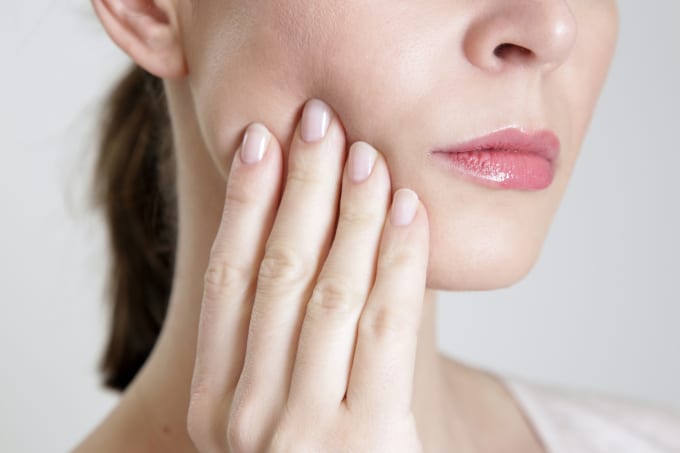However, Stuart Modern Dentists help people prevent, detect, and treat diseases that can be fatal to the jaw and gums. A periodontist in Stuart, Florida, specializes in treating a variety of dental conditions that affect delicate oral tissues and the associated jawbone that is attached to the teeth. We specialize in:
- Prevention of gum disease (gum bleeding, swollen gums and halitosis)
- Diagnosis of conditions that can spread to the jaw and gums
- The use of modern methods of treating diseases that can lead to tooth loss in the future
A periodontist near me offers a long-term solution to periodontal disease, which is a significant cause of tooth loss among people around the world.
What is gum disease?
Periodontal disease, also known as gum disease or periodontitis, is a disease that occurs in the mouth. Gum disease is the result of a bacterial infection that destroys the gums, bones, and connective tissues that support the teeth and hold them in place. It is essential to maintain good oral health to protect gum health. Your gums are the first defense. It will help if you protect yourself from bacterial infections that occur in your mouth. When gum safety is compromised, bacteria will try to attack the bones and tissues of the mouth.
Symptoms
Symptoms of periodontitis include redness, swelling, and bleeding when brushing or flossing. In healthy adults, the immune system will begin to treat the infection. However, if the root cause of the infection is not treated, periodontitis can lead to gum removal and, ultimately, to tooth loss. Acids in plaque bacteria, as well as bacteria in the patient’s saliva, wear out on the bones and tissues surrounding the tooth. When this happens, your teeth begin to relax at the root, and eventually, they fall out if left untreated.
Causes
Gum disease begins with the growth of plaque bacteria in the mouth, which can cause sensitivity and swell around the gum line. One of the main factors contributing to the development of periodontitis is poor oral hygiene. The risk factor for gum disease increases significantly if plaque and tartar are not removed quickly.
Other causes include a family history of periodontitis, as well as individual patient history. Conditions such as diabetes and osteoporosis increase the patient’s risk of developing periodontitis. Also, when such conditions occur, the immune system is already in a weak state that can heal.
Hormonal changes associated with events such as pregnancy and menopause can also increase the patient’s susceptibility to developing infections. Some medications, such as antidepressants or statins, can also increase the likelihood of periodontitis.
Diagnosis and Treatments for Gum Disease
As in any state, prevention is always the best medicine. Brushing at least twice a day with fluoridated toothpaste significantly reduces the risk of gums. Between meals, sugar-free chewing gum can be used to remove bacteria that cause gum disease. Cutting back on high sugar snacks and juices is also an excellent preventative measure. Planning for regular professional brushing is one of the most important aspects of preventing the formation of plaque and tartar, and may even allow dentists to detect any inflammation before it becomes an infection.
If you already have symptoms, it is essential to consult your dentist immediately before the infection develops. Stuart Modern Dentists will be able to determine if your teeth have shifted or moved, and will usually perform a deep cleaning to prevent further damage. In some cases, antibiotics may be prescribed, and in more complex cases, surgical intervention may be required to restore severely damaged gums or teeth.






